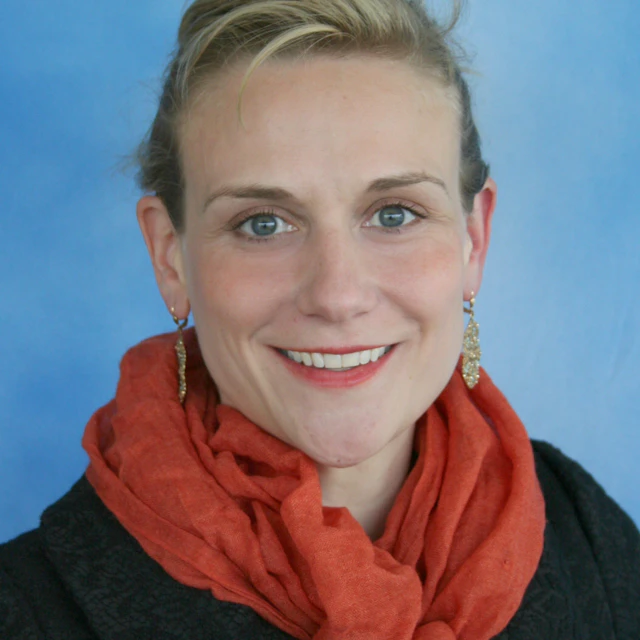Feasibility of an Online Intervention for Population-Based Suicide
2012 Postdoctoral Fellowship
Amount Awarded: $98,804
Focus Area: Clinical Treatment

Ursula Whiteside, Ph.D.
Group Health Cooperative
Inside the Research
Bio: Dr. Whiteside received her doctorate from the University of Washington in 2010. She is currently a Postdoctoral Research Fellowship Fellow at the Group Health Research Institute.
Research Categories: Behavioral intervention technology and dialectical behavior therapy to prevent suicide
Abstract: The goal of this fellowship project is to develop online treatment modules for three of the active ingredients in Dialectical Behavior Therapy (DBT): Mindfulness, Opposite Action, and Mindfulness of Current Emotion. Dr. Whiteside will use an online delivery model by email because this approach is suitable for the large numbers of at-risk patients identifiable in healthcare settings. Online delivery models are scalable and can be provided securely, inexpensively, and utilizing existing systems in healthcare. She will develop a brief online DBT skills intervention and will test it in patients, adapt it, and retest it across the training period with 30 patients. The intervention will supplement usual care among high-risk patients identified via depression scales collected at outpatient primary care and mental health visits. The intervention content will be drawn from research involving DBT skills interventions. The project will involve ongoing refinement of the interventions based on qualitative/formative feedback from patients and consultation with suicide intervention experts.
Impact: Large scale application of interventions to reduce suicidal ideation and behavior across the healthcare system."
Research Categories: Behavioral intervention technology and dialectical behavior therapy to prevent suicide
Abstract: The goal of this fellowship project is to develop online treatment modules for three of the active ingredients in Dialectical Behavior Therapy (DBT): Mindfulness, Opposite Action, and Mindfulness of Current Emotion. Dr. Whiteside will use an online delivery model by email because this approach is suitable for the large numbers of at-risk patients identifiable in healthcare settings. Online delivery models are scalable and can be provided securely, inexpensively, and utilizing existing systems in healthcare. She will develop a brief online DBT skills intervention and will test it in patients, adapt it, and retest it across the training period with 30 patients. The intervention will supplement usual care among high-risk patients identified via depression scales collected at outpatient primary care and mental health visits. The intervention content will be drawn from research involving DBT skills interventions. The project will involve ongoing refinement of the interventions based on qualitative/formative feedback from patients and consultation with suicide intervention experts.
Impact: Large scale application of interventions to reduce suicidal ideation and behavior across the healthcare system."